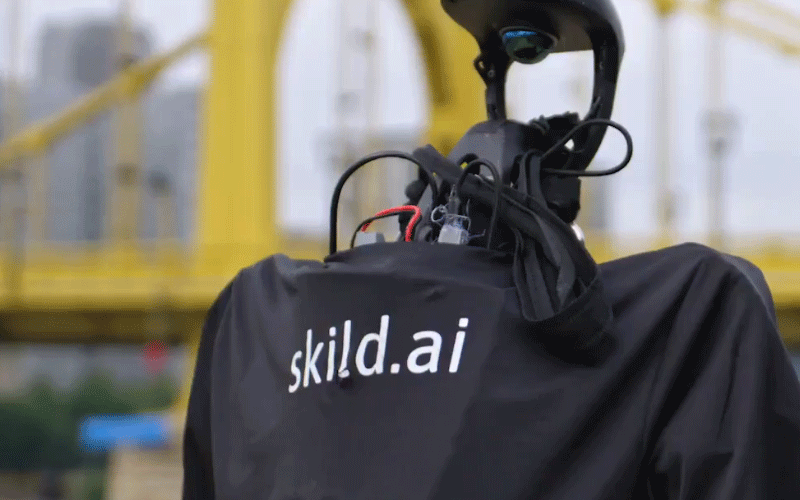
Skild AI Unveils ‘Skild Brain’: A Groundbreaking Universal Model for Robotics
Robotics startup Skild AI, backed by global giants such as Amazon and Japan’s SoftBank Group, made headlines on Tuesday with the launch of its foundational artificial intelligence model, Skild Brain. Designed to function across a diverse range of robots — spanning from industrial assembly-line machines to sophisticated humanoids — this new model marks a significant advancement in the field of robotics and artificial intelligence.
Skild Brain: Moving Beyond Single-Purpose Robots
The landscape of robotics is rapidly evolving, shifting from single-purpose machines—typically limited to repetitive tasks on factory floors—to the more ambitious vision of multipurpose humanoid robots. Skild Brain is at the forefront of this transformation. Unlike traditional robotic systems, which are usually programmed for narrow, specific tasks, Skild Brain enables robots to think, navigate, and respond to their surroundings in ways that closely mimic human adaptability.
In a series of demonstration videos, Skild-powered robots were seen performing tasks that have long been considered complex for machines. These included climbing stairs, maintaining balance after being pushed, and picking up objects in chaotic, cluttered settings. The ability to handle these unpredictable scenarios highlights the advanced spatial reasoning and decision-making capabilities embedded in the new model.
Learning Like Humans: How Skild AI Trains Its Model
A major challenge in developing advanced robotics has always been the scarcity of relevant data. While language and vision models can tap into vast internet resources, robotics lacks this luxury. Skild AI’s co-founders, Deepak Pathak and Abhinav Gupta, have taken a unique approach to overcome this hurdle. The training process for Skild Brain begins with simulated episodes and human-action videos. The model is then fine-tuned using real-world data collected from every robot running the Skild system.
What sets Skild apart is its dynamic, ongoing learning process. As robots are deployed in the field and interact with their environments, they constantly send back new data to the central Skild Brain. This feedback loop sharpens the model’s skills, creating what Gupta describes as a “shared brain” for robots. Essentially, every customer deployment helps enhance the intelligence and utility of the entire Skild-powered ecosystem.
Safety and Adaptability at the Core
Safety is a primary concern when deploying robots in diverse and sometimes unpredictable environments. Skild Brain addresses these concerns by incorporating built-in power limits, which prevent robots from exerting unsafe force while interacting with people or objects. This feature is crucial for applications in logistics, industrial automation, and facilities where humans and robots need to work side by side.
Industry Adoption and Strategic Partners
Skild AI’s innovation has already attracted notable customers and partners. LG CNS, the IT solutions branch of LG Group, is among Skild’s clients, leveraging the technology for logistics and industrial applications. Other unnamed partners in different sectors are also trialing Skild Brain, indicating the model’s versatility and broad appeal.
Raviraj Jain, partner at Lightspeed Venture Partners—a major investor in Skild AI—emphasized how the startup’s approach enables robots to rapidly add new capabilities. Unlike traditional software, which can be scaled with a few clicks, robotics deployment is inherently more complex. However, Skild’s universal model makes it easier for different types of robots to learn, adapt, and be updated with new skills across various industries.
A High-Growth Startup with a Billion-Dollar Valuation
Founded just two years ago, Skild AI has quickly established itself as a leader in robotics innovation. The company has managed to attract top talent from technology titans such as Tesla, Nvidia, and Meta. Last year, Skild AI raised 300millioninaSeriesAfundinground,valuingthecompanyat300millioninaSeriesAfundinground,valuingthecompanyat1.5 billion. Its investor roster is a who’s who of Silicon Valley, including Menlo Ventures, Khosla Ventures, Sequoia Capital, and Amazon.








